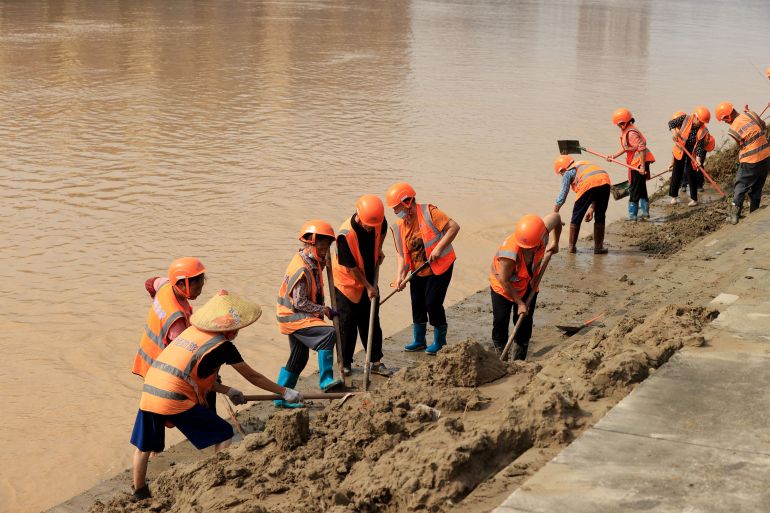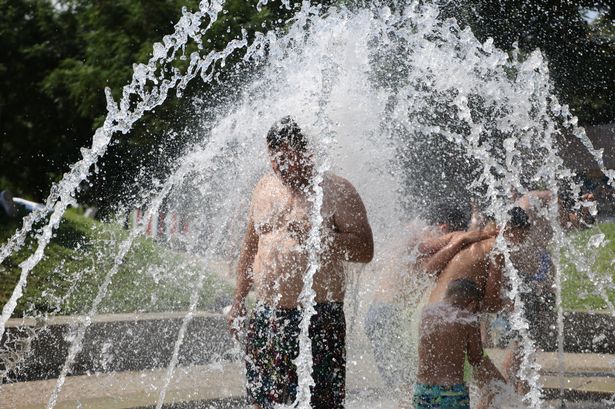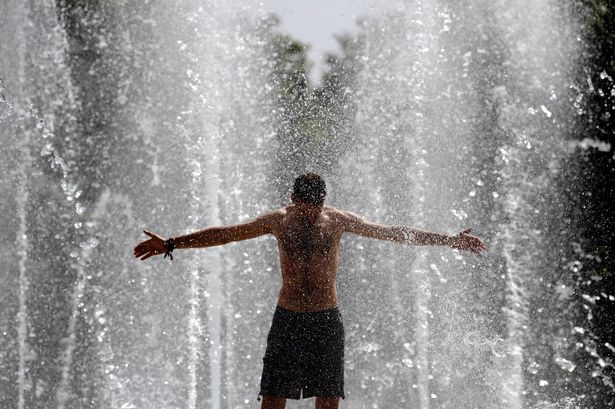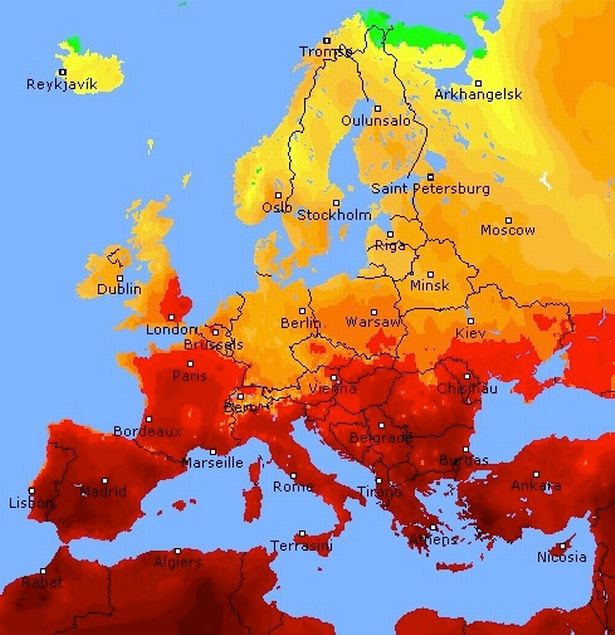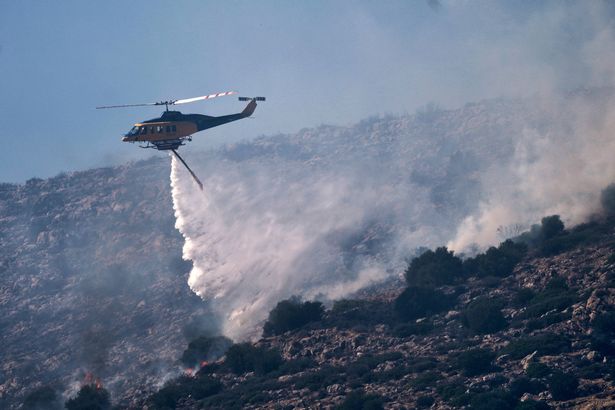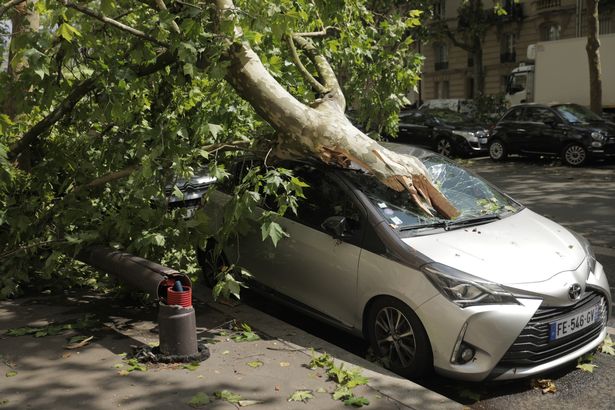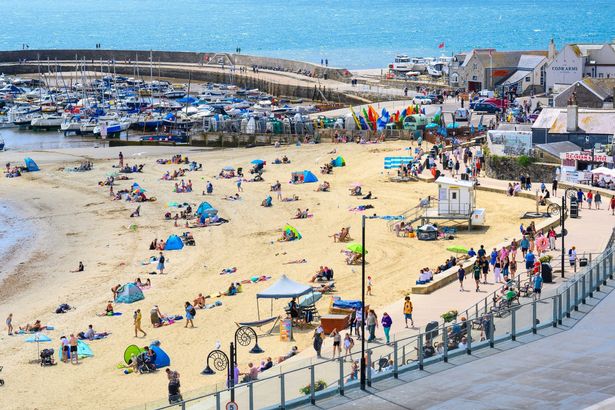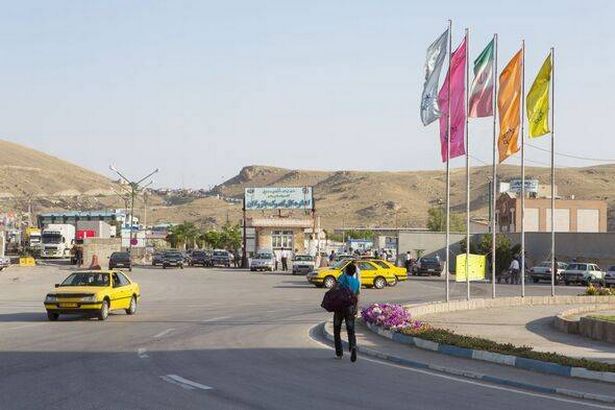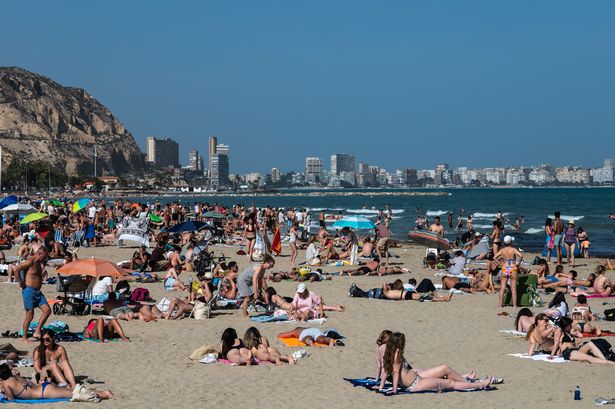Portugal, France and Spain all suffered through temperatures of up to 40 degrees Celsius on Tuesday, but for many Brits looking to abroad, that feels preferable to staying put
Brits are ignoring ‘red alert’ health warnings and heading to the Continent en masse.
Thousands of Brits have booked holidays in the past 48 hours, with many boarding flights in the next seven days as part of last-minute deals, swapping the uncomfortable British heat for Europe’s scorching sun.
In arguably classic British fashion, a huge number of holidaymakers are ditching the mere 34C temperatures of the UK for something a little more sizzling on the Continent. According to On the Beach, in the past 48 hours, bookings to Europe increased 23% and there was a whopping 47% increase in bookings leaving in the next week.
Portugal, France and Spain all suffered through temperatures of up to 40 degrees Celsius on Tuesday, but for many Brits looking to be abroad, that feels preferable to staying put.
Have you been affected by the intense heat? Email [email protected]
This is despite the serious danger to life that is posed by the temperatures in parts of Europe right now. A record number of heat alerts are in place across France as the country and other parts of southern and eastern Europe remain in the grip of soaring temperatures.
Sixteen French regions, including Paris, have been placed on red alert for Tuesday, the country’s highest, while 68 others are on orange alert. Heat warnings are also in place for parts of Spain, Portugal, Italy, Germany, and Balkan countries, including Croatia.
In Barcelona, a woman has lost her life, allegedly after spending a gruelling shift cleaning the streets of the Spanish city. According to the newspaper El País, the cleaner was working in the Raval neighborhood of Ciutat Vella during the heat of the day. She spent eight hours outside, enduring temperatures above 30°C, according to Aemet.
So far this year, 2,168 people have died from causes attributable to the heat in Spain alone. Last year, 3,521 deaths were linked to extreme temperatures in the country, CLM24 reports.
Despite the clear risk of heatwaves as intense as the one scorching Europe right now, clearly many Brits feel things could be a little hotter. Bookings to Amsterdam and Paris reached record highs this Monday, with On the Beach recording a 178% increase in bookings to Paris year on year.
Perhaps they are attracted to the quality of heat, as opposed to the quantity of Celsius. The UK heat is famously muggy, sticky, and airless, with little breeze and minimal chance of proper cooling off at night. Homes aren’t designed for heat, and air conditioning is rare, leaving people tossing and turning through humid, sleepless nights.
In contrast, much of southern Europe is built for the heat. Even at 35 or 40 degrees, there’s often dry, baking sunshine rather than the suffocating humidity Brits face at home.
Zoe Harris, chief customer officer at On the Beach, said: “It’s official, Europe is roasting and Brits can’t get enough of it. Let’s be honest, 35 degrees in Spain feels like a glorious bake in the sun, while 28 in the UK feels like trying to sleep in a damp greenhouse. As soon as Brits see Europe heating up, they book their almost immediate escape, because roasting under a Spanish sun is paradise compared to stewing in the UK’s clammy heat.”
“City break bookings have jumped by 32% in the past 24 hours as Brits rush to make the most of Europe’s scorching heatwave. It’s not just the beaches calling this time, urban getaways are booming too. After all, cities offer shady streets for exploring, cool museums and cafes to duck into, and air conditioning in abundance, making even the hottest days easy to enjoy.”
